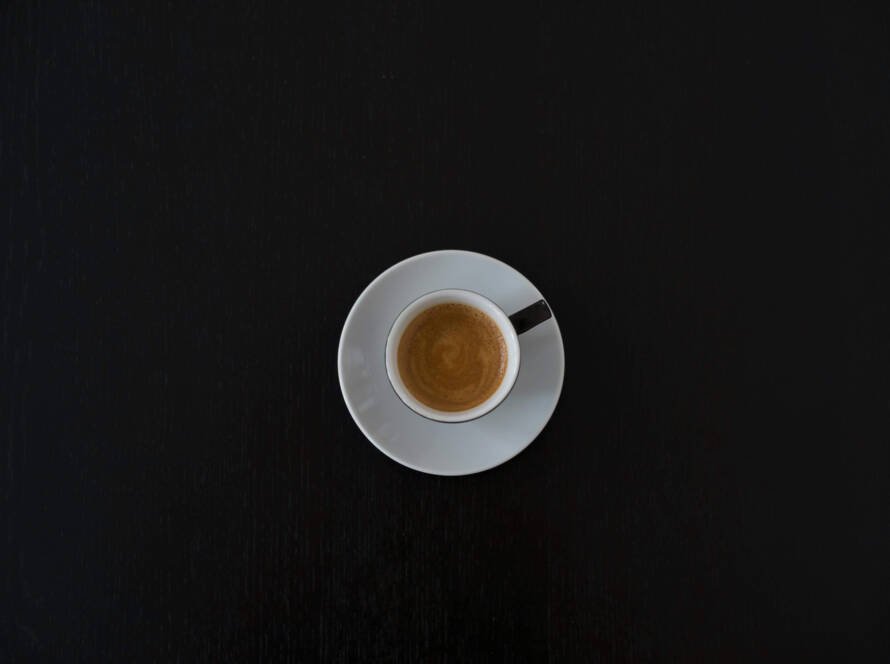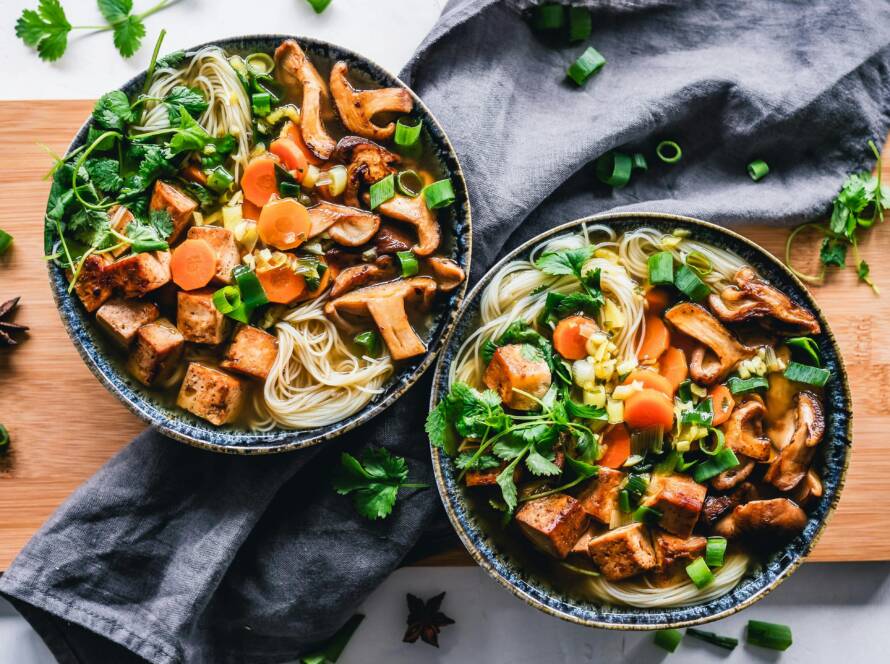Ramadan is a sacred month observed by millions of Muslims around the world, marked by fasting from dawn until sunset. While fasting is a spiritual practice, it’s also important to maintain good healthy lifestyle during this period, especially since the long hours without food or water can take a toll on the body. This guide will provide tips on staying healthy, detoxing, eating high-protein and a low calories food during Ramadan to ensure you stay energized and nourished throughout the month.
How to stay healthy during Ramadan fasting
Fasting during Ramadan is a great opportunity to reset your body, both physically and spiritually. However, to stay healthy and to adopt a high-protein and low-carbs lifestyle during this time, it’s crucial to follow some simple yet effective guidelines:
- Stay Hydrated: One of the biggest challenges of fasting is the lack of water. Make sure to drink plenty of water during non-fasting hours, especially during suhoor (pre-dawn meal) and iftar (meal to break the fast). Try to aim for at least 8 glasses of water to stay hydrated.
- Balanced Diet: A balanced diet that includes proteins, fiber, healthy fats, and complex carbohydrates will help maintain energy levels and prevent overeating. Focus on whole grains, fruits, vegetables, lean proteins, and healthy fats like olive oil, avocado, and nuts.
- Exercise Smartly: While intense physical activity may be difficult during fasting hours, light exercises like walking or stretching after iftar can help keep you active without exhausting your body.
- Rest Well: Getting enough sleep is vital to staying energized and alert throughout the month. Try to take naps if needed to avoid fatigue and exhaustion.
Detoxing your body during Ramadan
Fasting provides a natural detox for the body, but there are ways to enhance this process and help your body eliminate toxins more effectively:
- Incorporate Detoxifying Foods: Foods like lemon, ginger, green tea, and cucumbers are excellent for aiding digestion and flushing toxins from the body. Try drinking a glass of warm lemon water in the morning and sipping on green tea after meals.
- Eat Fiber-Rich Foods: Fiber-rich foods such as fruits, vegetables, and whole grains help in digestion and cleanse the digestive tract, promoting better overall health.
- Avoid Processed Foods and Sugary Drinks: Processed foods and sugary drinks can add unnecessary calories and interfere with your body’s detox process. Stick to whole foods and opt for natural sweeteners like honey if you need an energy boost.
What to eat for Suhoor?
Suhoor, the pre-dawn meal, is critical for sustaining you throughout the day of fasting. Eating the right foods during suhoor can help you feel full longer and maintain energy throughout the day.
- Complex Carbohydrates: Foods like whole grain bread, oats, and brown rice are slow-digesting and will keep you fuller for longer, preventing hunger pangs during the day.
- Proteins: Including proteins like eggs, cheese, yogurt, or legumes (chickpeas, lentils) can help you maintain muscle mass and provide lasting energy.
- Healthy Fats: Avocados, nuts, and seeds are great sources of healthy fats that keep you satisfied and help your body absorb nutrients.
- Hydrating Foods: Water-rich fruits like watermelon, cucumbers, and oranges can help keep you hydrated and prevent dehydration throughout the day.
What to eat and what to avoid during Ramadan
Foods to eat :
- Dates and Fruits: Dates are a natural source of energy and are traditionally eaten to break the fast. They provide quick energy, vitamins, and minerals. Other fruits like apples, grapes, and pomegranates are also great options.
- Lean Proteins: Chicken, fish, and lean cuts of meat are great sources of protein and help keep you feeling full longer.
- Whole Grains: Brown rice, quinoa, and whole wheat bread are high in fiber and provide long-lasting energy throughout the day.
- Vegetables: Green leafy vegetables, carrots, cucumbers, and bell peppers are rich in vitamins and minerals and help keep your body nourished.
Foods to avoid :
- Fried and Processed Foods: These are often high in unhealthy fats, which can cause indigestion and sluggishness. Avoid fried snacks, junk food, and overly salty foods.
- Sugary Sweets and Drinks: While tempting, sugary foods and drinks can cause blood sugar spikes and crashes, leading to fatigue and irritability. Instead, choose natural sweeteners and snacks like fruit.
- Caffeinated Beverages: Caffeine can increase dehydration, so it’s best to limit coffee, tea, and soda during Ramadan.
By following the right dietary guidelines and staying mindful of your health, Ramadan can be a time of physical, spiritual, and emotional rejuvenation. Remember to hydrate, eat balanced meals, and incorporate light physical activity to maintain your energy levels during this holy month.





